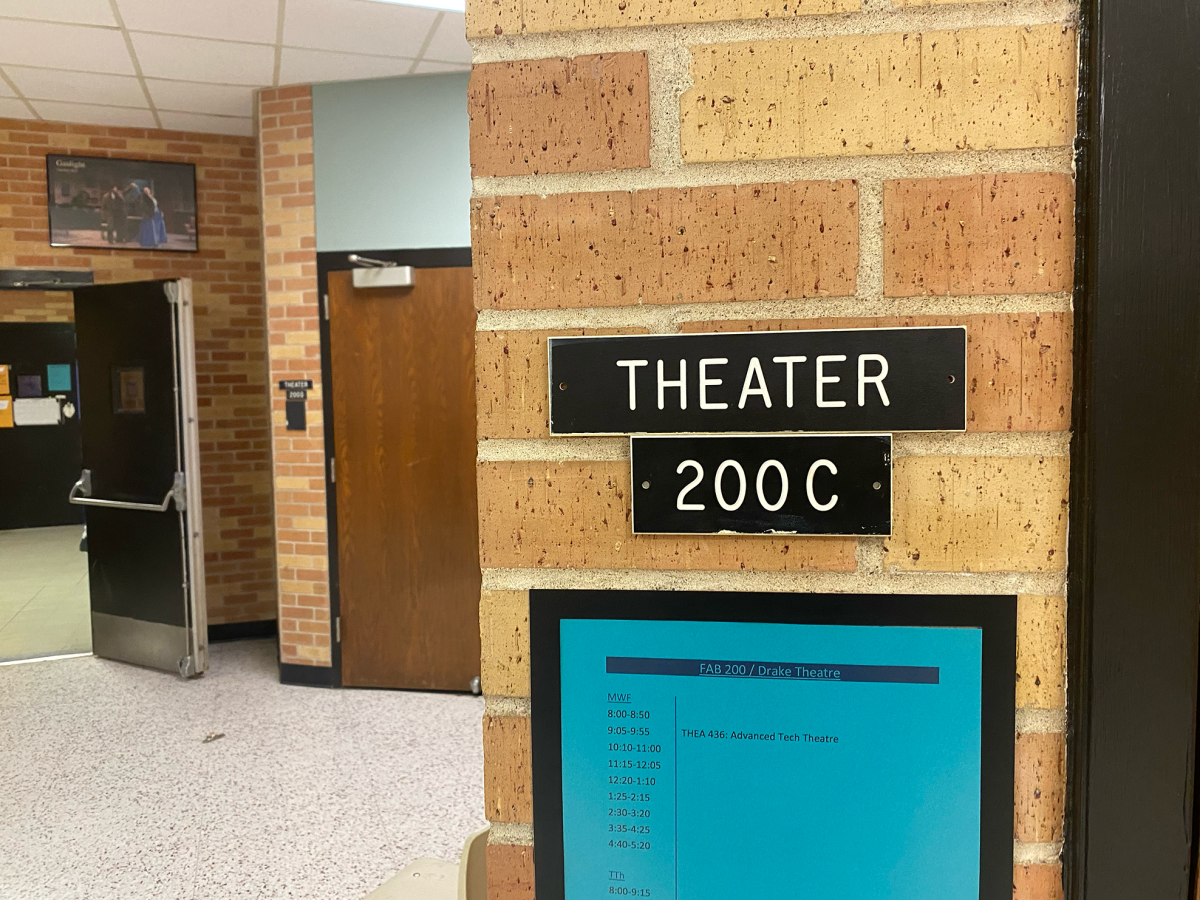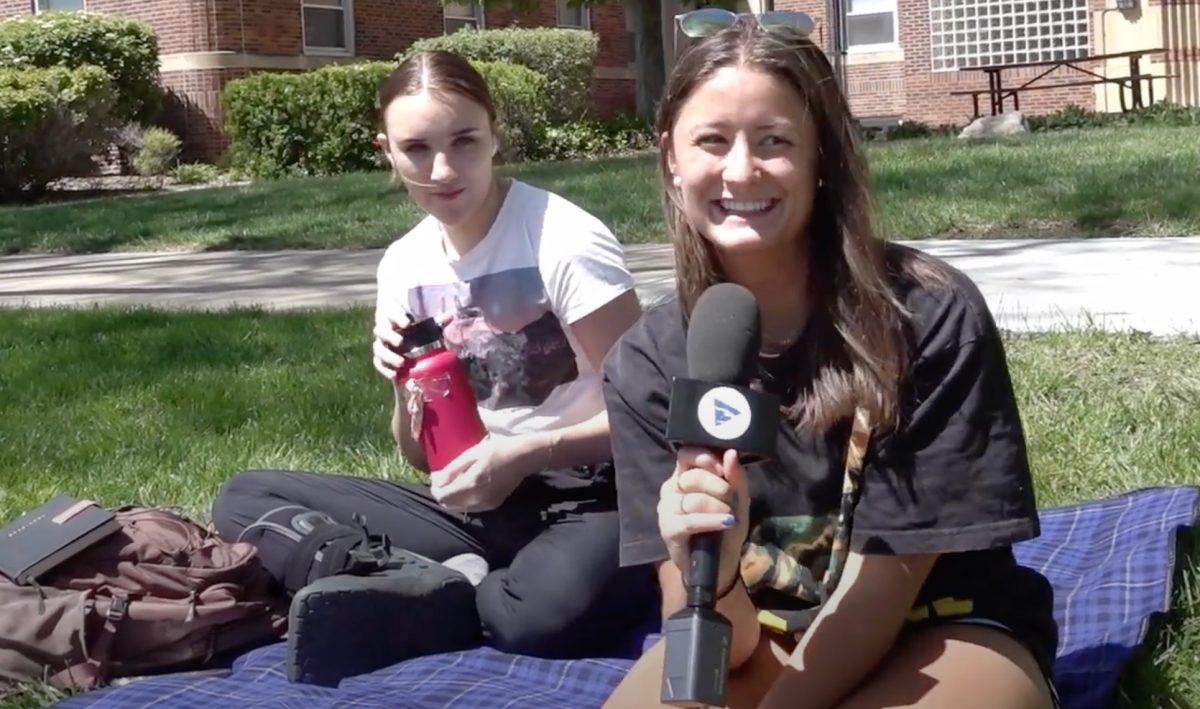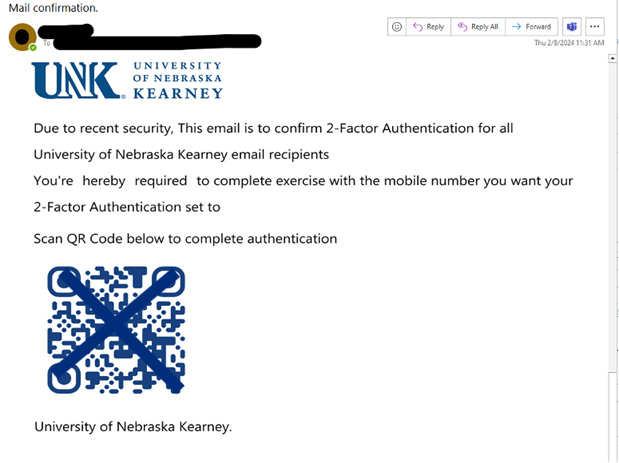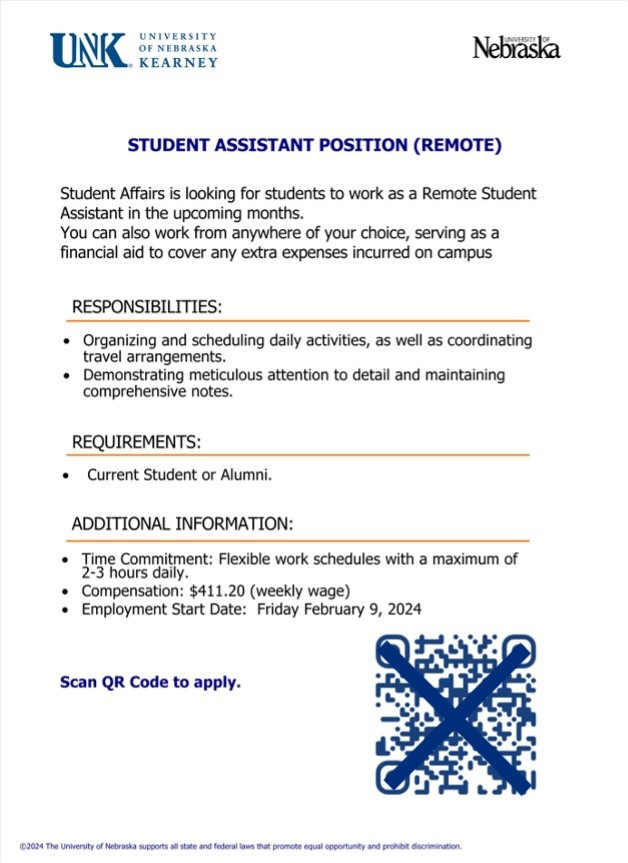UNK has found itself in a cybersecurity problem as phishing emails targeting students and faculty have been more common in recent weeks.
According to the Federal Trade Commission, phishing is a type of online scam that targets consumers by sending them an email that appears to be from a well-known source – an internet service provider, a bank or a higher education institute.
Students are a target for scammers, especially when scammers act as a potential employer.
Sara Serrano, a junior majoring in psychology with a minor in criminal justice and Spanish, has received emails regarding job opportunities.
“The first email I received was one telling me about a job opportunity on campus,” Serrano said. “Then I got one that was asking for a verification for one of my school accounts. The job opportunity email seemed a little too good to be true because of the hourly pay that they were offering. I think it is super important to be cautious of the kind of emails we’re getting and not click every link we see.”
Kirsten Milam, a senior majoring in health science and minoring in nutrition, has also been receiving emails from fake UNK accounts asking for password verifications.
“I got an email asking to change my password for the Duo Security verification on my phone,” Milam said. “I know some of my friends have had issues with their Duo Security app so at first, I didn’t think it was a scam. I personally was not having issues with my app so it was an email that I ended up ignoring.”
Andrea Childress, assistant vice president of information technology services, said higher education continues to be a target by various scammers.
“This could be due to the abundance of users’ access to large computing resources or the research data held by the institution,” Childress said. “Whenever the threat actor is successful in gaining credentials, they continue to target that institution because they see it as being vulnerable.”
Childress also said there are a few common signs that an email might be a phishing attempt.
“A few signs are urgent requests, spelling and grammar errors, suspicious sender addresses, unexpected attachments or links, requests for personal or sensitive information, unsolicited requests for money, mismatched URLs and poor branding or logo usage,” Childress said.
UNK runs phishing simulations throughout the year with faculty and staff. The simulations are educational and inform users what indicators were used in the message that help identify the email as phishing. Students are advised to report any suspicious emails as it will help the university filter spam emails.
Courtesy Photos
































